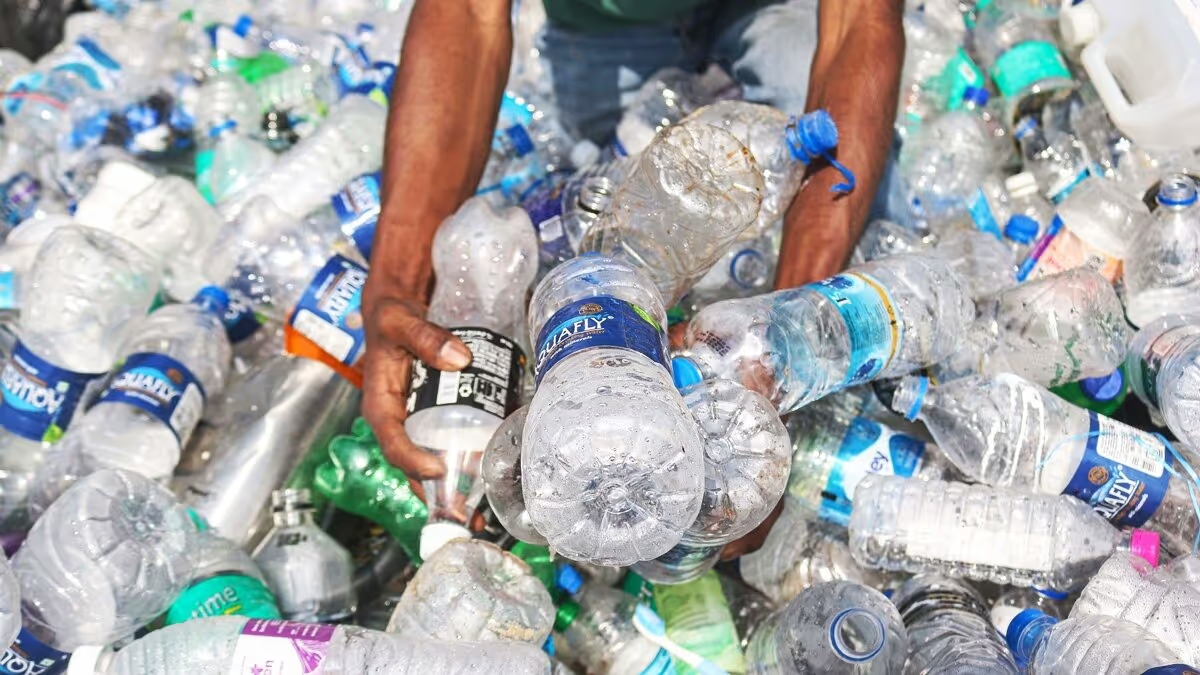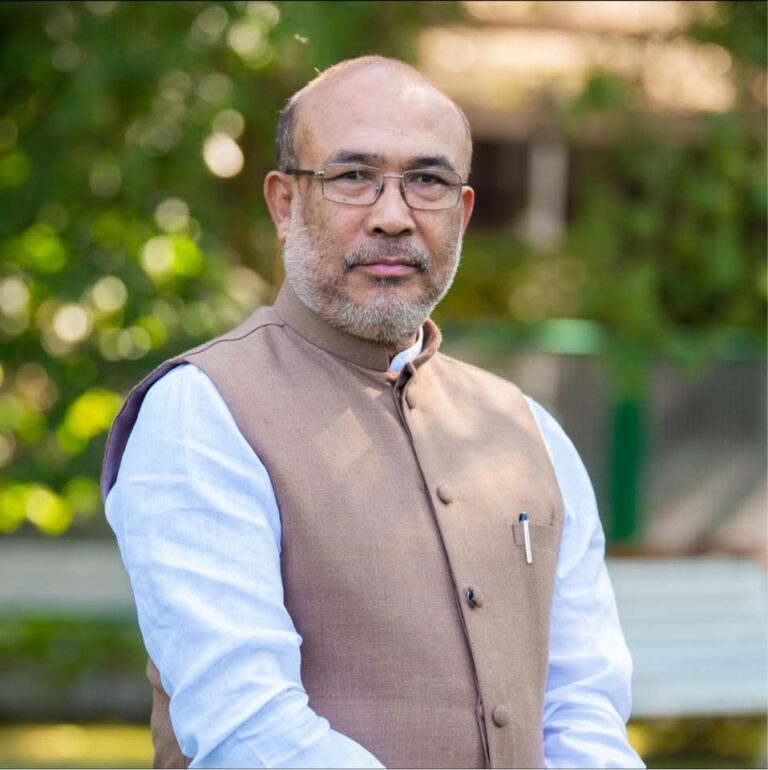MANIPUR TAKES A GREEN STEP: 5000 KG OF SEIZED SINGLE-USE PLASTIC SENT TO MEGHALAYA FOR RECYCLING
Short Summary
In a noteworthy move towards environmental sustainability, Manipur has transported 5,000 kilograms of seized single-use plastic waste to Meghalaya for recycling. The massive consignment, flagged off by Manipur’s Environment and Forest Minister Thounaojam Basanta Kumar Singh from Imphal on August 2, 2025, is part of the state’s intensified drive to eliminate banned plastics. Collected during extensive enforcement raids across the state, the plastic waste was sent to Tura, Meghalaya, where it will be recycled into eco-friendly products. This initiative not only supports India’s single-use plastic ban but also highlights inter-state cooperation for a cleaner Northeast.
Introduction: A Cleaner Tomorrow Starts Today
Let’s be honest—we all use plastic. Whether it’s a water bottle on a hot day or that quick food takeaway, plastic has weaved itself into our daily lives like a clingy ex we can’t quite shake off. But what happens when that plastic becomes a monster choking our rivers, killing wildlife, and piling up in corners of our cities?
That’s where Manipur’s recent action deserves a standing ovation. Picture this: 5,000 kilograms of banned single-use plastics, seized from across the state, loaded up and sent off to Meghalaya for recycling. It’s not just a truckload of trash—it’s a truckload of hope.
What Exactly Happened?
On August 2, 2025, Manipur’s capital city, Imphal, saw something refreshingly different. Instead of political rallies or public protests, a green convoy of responsibility rolled out. The Environment and Forest Minister, Thounaojam Basanta Kumar Singh, officially flagged off a vehicle carrying five tonnes of seized single-use plastic.
And no, this plastic wasn’t gathered from one dusty godown. It was the result of months of rigorous enforcement by the state’s Pollution Control Board, backed by local bodies and law enforcement agencies. The destination? Tura, Meghalaya, where specialized recycling units are equipped to process such waste safely and sustainably.
Why Is This a Big Deal?
Let’s take a step back. India officially banned certain single-use plastic items from July 1, 2022—think plastic cutlery, straws, plates, wrapping films, etc. But enforcement has been patchy. Many vendors still hand out thin plastic bags like candy, and most households don’t even realize what counts as “single-use.”
That’s where Manipur is making waves:
- Enforcement: Instead of turning a blind eye, they cracked down on illegal usage.
- Responsibility: They didn’t just seize and dump the plastic—they made sure it was recycled properly.
- Inter-State Coordination: Collaborating with Meghalaya proves that states can (and should) work together for the environment.
This isn’t just a “green initiative”—it’s a template for the rest of the country.
Where Did All That Plastic Come From?
Great question. The 5,000 kg haul was accumulated from:
- Markets and vendors still distributing banned plastic bags
- Warehouses and storage units hoarding illegal plastic stock
- Food stalls and packaging units using prohibited materials
- Public areas where enforcement teams conducted surprise inspections
The collection effort was widespread, reaching areas as remote as the hill districts and as central as the bustling Ima Keithel market in Imphal. It wasn’t easy—but it was necessary.
Why Send It to Meghalaya? Can’t Manipur Recycle It?
Another solid question. The truth is, Manipur doesn’t yet have high-capacity recycling units equipped to handle large volumes of non-biodegradable waste like single-use plastics.
On the other hand, Meghalaya’s recycling facility in Tura has the infrastructure and technical know-how to convert these plastics into reusable materials, like:
- Plastic chips for road construction
- Eco-bricks for low-cost housing
- Insulation materials for buildings
- Industrial-grade plastic lumber
Rather than dumping or burning the waste (which, let’s face it, happens way too often in many places), Manipur chose the eco-smart option: Send it where it can be reborn.
Closing Thoughts: One State, One Truckload, One Giant Leap
5,000 kg may seem small when you look at the size of the global plastic crisis. But it’s a giant leap for Manipur, and frankly, for India. It’s proof that change doesn’t always need to be loud. Sometimes, it’s the silent trucks carrying seized plastic under cloudy skies that speak the loudest.
Because every kilo recycled is a life saved, a river cleansed, and a future protected.
So the next time you pick up that shiny plastic wrapper, think about Manipur’s green truck—and ask yourself: Do I really need this?
Frequently Asked Questions (FAQs)
1. Why did Manipur send plastic waste to Meghalaya instead of recycling it locally?
Manipur currently lacks the infrastructure for large-scale plastic recycling. Meghalaya’s facility in Tura is equipped to safely and effectively process the seized plastic.
2. What types of plastic were included in the 5,000 kg consignment?
It mainly included banned single-use plastics like carry bags, cups, straws, packaging films, and cutlery that were collected from markets and storage facilities across the state.
3. What is the role of the Environment and Forest Department in this initiative?
The department, led by Minister Thounaojam Basanta Kumar Singh, coordinated with enforcement agencies to collect, manage, and transport the plastic waste responsibly.
4. How will the recycled plastic be used in Meghalaya?
The plastic will be processed into items like plastic granules, eco-bricks, road material, and industrial products, giving it a second life.
5. Can other Indian states replicate this model?
Absolutely. With proper coordination, enforcement, and inter-state collaboration, this model can serve as a blueprint for sustainable waste management across the country.






